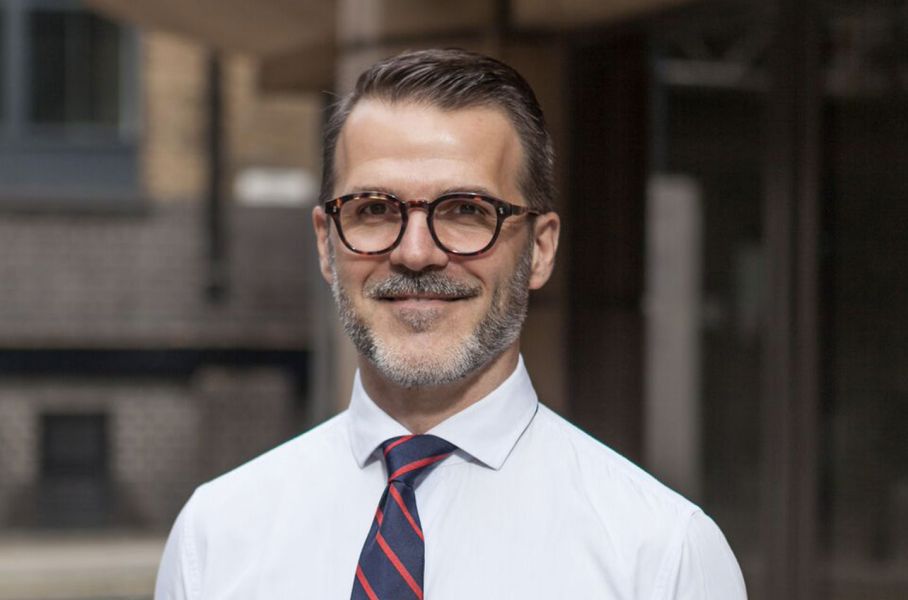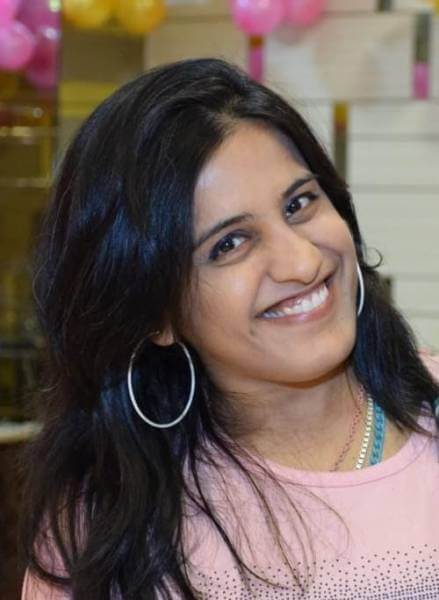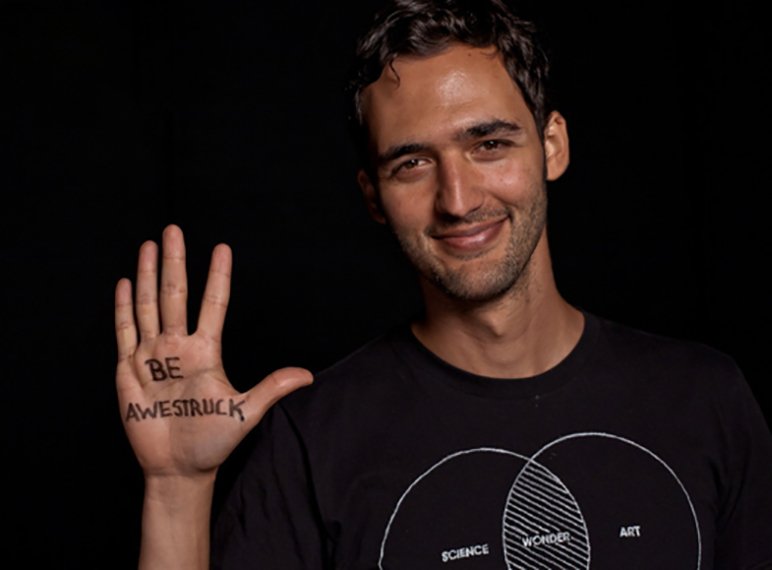Prof. Paolo Tasca is an economist and is known for his contributions to digital economics and has founded two significant blockchain organisations: the Distributed Ledger Technology Science Foundation (DLT Science Foundation) and the University College London Centre for Blockchain Technologies (UCL CBT). In the latest episode of Dinis Guarda YouTube podcast, Prof. Tasca explains the potentials of blockchain technology beyond crypto, and how academic institutions and research centres can help build trust in the dynamic technological space. The podcast is powered by openbusinesscouncil.org and citiesabc.com.

At its core, blockchain is a decentralised and immutable digital ledger that records transactions in a secure and transparent manner. In essence, the potentials of blockchain technology extend far beyond its initial use case in cryptocurrencies. Its inherent qualities of transparency, security, and decentralisation hold promise for creating more efficient, equitable, and trustworthy systems across a multitude of industries.
After studying the blockchain space and its potentials in cryptocurrencies, Dr. Paolo tried to explore its applications in other industries as well:
“I wanted to have the freedom to explore more about blockchain technology and dig into it, and then I realised that the only environment that will enable anybody to explore the full potential of any technology is the academic environment“, he told Dinis.
That’s when he established the UCL Centre for Blockchain Technology, aligning it along three verticals: economic, technology, and legal. “So, the basic idea behind the center is that the technology experts, economists, lawyers, and policy experts in regulation have been shaping our research community over the last few years.”
He also established the DLT Science Foundation with a mission:
“to build trust and discovery in different spheres of blockchain technology and crypto. The foundation also provides tools that will help the regulators to prevent any case of fraud or bad activity in the space.”
He also added that the current phase of crypto and blockchain space is quite fragmented and competitive. “In this particular phase, the more instruments we create to make informed decisions, the better it is for the ecosystem to grow faster“, he said.
The exponential pace of evolving technological landscape
The technological landscape is evolving at an exponential pace, reshaping industries and redefining the way we interact with the world around us. Breakthroughs in artificial intelligence, blockchain, biotechnology, quantum computing, and more are propelling us into an era of unprecedented innovation.
“We observe that there is an exponential growth of technologies. With massive amounts of data being produced everyday, we are in a crunch to handle all this data. Web 3.0 enables the control of data back into the hands of the users. That’s a good vision“, says Dr. Paolo
This rapid evolution not only drives efficiency and convenience but also presents challenges and ethical considerations that demand thoughtful navigation. Dr. Paolo said that DLT Science Foundation is working to decentralise AI systems.
“In terms of blurring these technologies, it’s creating a level of technocracy where only the few that have mastered these technologies can present solutions and tools required for socio-economic businesses“, he told Dinis.
As emerging technologies continue to intertwine with our daily lives, adapting to this dynamic landscape becomes essential for staying competitive, fostering growth, and harnessing the full potential of the future.
Speaking from his experience in central banks and institutions, he said:
“Regulation can simply try to provide some directions to a dynamic technological landscape. There’s not much they can do because technology is already evolving, and you can not stop its evolution. You simply need to deal with its dual side.”
He also added that with the increase in sophistication of technology, the blockchain technology is evolving towards tokenisation.
“With tokenisation, we can change the very concept of money. With this, we are going to deal with monetary constraints, because then, everything will be liquid (or cash).
The technology will inevitably lead us to a cashless type of world where you don’t need cash because everything is cash“, he told Dinis.
Future of blockchain: The AI integration
The integration of blockchain and AI holds the promise of enhancing data security, transparency, and efficiency. By combining the tamper-proof nature of blockchain with the analytical capabilities of AI, organizations can ensure the integrity of data while deriving valuable insights.
“Everything will be recorded with an unstoppable AI superpower machine that could lead to many potential applications across various industries: supply chain, healthcare, finance, and even fact checks“, Dr. Paolo said.
The integration of blockchain and AI also promises to revolutionize data sharing and privacy. With blockchain’s decentralised architecture, individuals can have greater control over their personal data, granting selective access and consent to different parties while maintaining privacy.
However, the complex interplay between AI and blockchain regulations and standards needs to be addressed to ensure compliance and ethical use of data.
“When you put AI on a blockchain, you amplify the risks of AI for the world. It is, therefore, very important that we advance at the same pace both at the technology side and the ethics side, bringing some awareness in communities of users and policy makers and make it a fair field to play“, he warned.

With a driving passion to create a relatable content, Pallavi progressed from writing as a freelancer to full-time professional. Science, innovation, technology, economics are very few (but not limiting) fields she zealous about. Reading, writing, and teaching are the other activities she loves to get involved beyond content writing for intelligenthq.com, citiesabc.com, and openbusinesscouncil.org





























